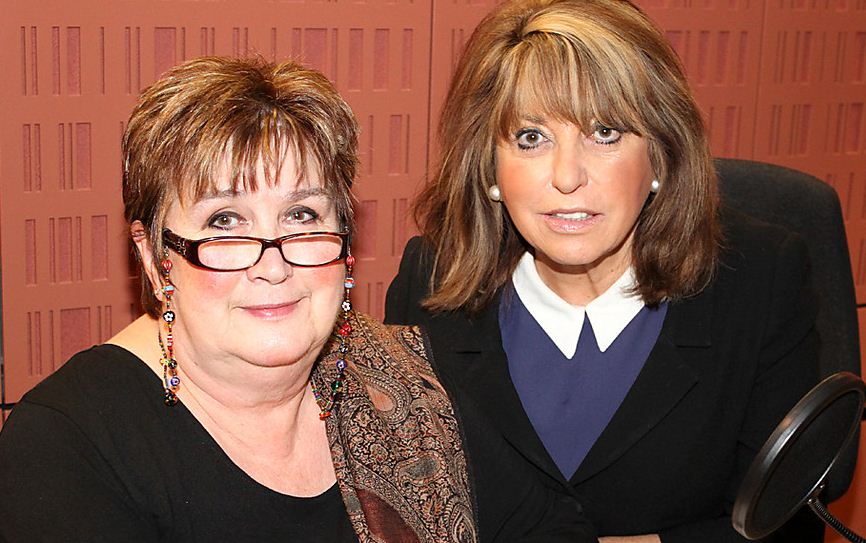Published: 15 November 2012
Country: UK
 As we are approaching the end of the year, in the newspapers and magazines, specialized programmes and web portals are emerging all sorts of ‘lists’. List of the most influential people 2012, list of the most photographed ones or the most liked ones etc. But as the BBC Radio 4 has noticed, women are so poorly represented in these lists that its programme Women’s Hour had to invent its very own, ladies-only Power List.
As we are approaching the end of the year, in the newspapers and magazines, specialized programmes and web portals are emerging all sorts of ‘lists’. List of the most influential people 2012, list of the most photographed ones or the most liked ones etc. But as the BBC Radio 4 has noticed, women are so poorly represented in these lists that its programme Women’s Hour had to invent its very own, ladies-only Power List.

“On average,” reports Ruth Watts, the Woman’s Hour producer and project manager of the Power list, “one thing unites the lists – only 15% of any list is comprised of women”.
On the face of it, reports the Observer, this abject list-fail might appear less alarming than its obvious cause: women’s continuing under-representation in, among other places, the cabinet and Conservative party, where they comprise 16%, or the FTSE 100, where women directors amount to 17.3% , permanent secretaries, 19.5%, the judiciary, 23%, and the House of Bishops, 0. Increasingly, the solution to these absences begins to look like a cross-party, preferably co-ed, movement that can transform the widespread frustration and anger over this lingering injustice, into something more focused.
Instead Woman’s Hour has responded with its own list, a kind of Power for Her testament to female exceptionalism. The BBC Radio 4’s programme will announce the final version of the Power list after Women’s Hour producers have ranked listeners’ nominees at the beginning of the next year. “Perhaps critically,” Watts says of her list to the Observer, it will “provide us with an opportunity to celebrate female success.”
But the Observer challenges the Women’s Hour’s idea of having its own ladies-only list because of its exclusion of women and certain, as it is said, separatism. “Unless, as the programme does not claim for its ghetto, women are being cruelly and unfairly excluded from other lists, its separatist project simply perpetuates the myth of successful women as exceptions, mavericks and inspirations, vibrant departures from the unremarkable female norm”.
If men are ever to make room, the next steps towards equality promise to be quite boring, undramatic and, from a Woman’s Hour point of view, hopelessly bad radio, reports the Observer.

